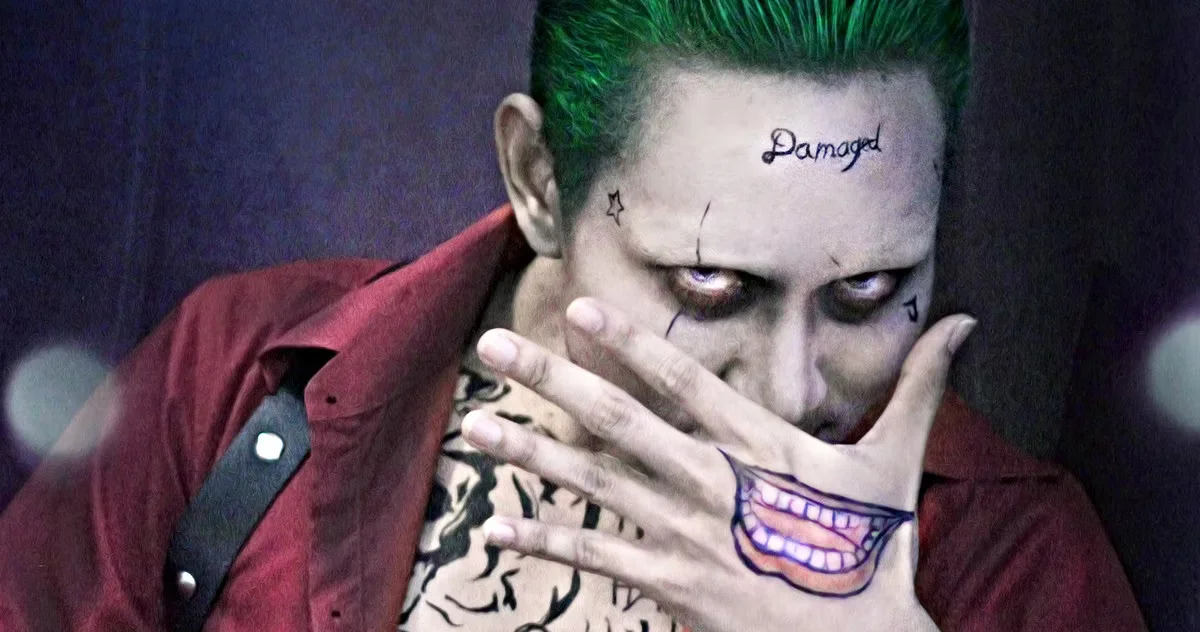David Ayer, the director of the 2016 film “Suicide Squad,” has recently taken responsibility for a controversial decision regarding the character design of Jared Leto’s Joker. Ayer expressed regret over the choice to give the Joker a prominent forehead tattoo that read “damaged.”
In the DC Comics film adaptation, Leto’s portrayal of the iconic anti-hero featured this unique tattoo, which quickly became a topic of discussion and criticism among fans and viewers. At the time of the movie’s release, Ayer defended the decision, highlighting his aim for the character’s “originality” and noting that the tattoo had precedence in the comic books.
However, Ayer’s perspective seems to have evolved over time. In a recent post on the platform X (formerly Twitter), the director shared an image of Joker without tattoos, surrounded by a backdrop of purple skulls. The caption accompanying the image was “Original intent,” suggesting a reconsideration of the character’s appearance.
In response to inquiries about the origin of the tattoo idea, Ayer accepted full responsibility, stating, “I own the tattoo idea 100 per cent. It was my choice.” He went on to reveal that his initial intention for the tattoo was to have it read “blessed” instead of “damaged.” Regardless of his initial intent, Ayer expressed regret for the divisive impact of the “damaged” tattoo.
Ayer’s 2016 rendition of “Suicide Squad,” despite featuring a talented cast, received criticism from both critics and audiences. In contrast, the 2021 reboot of the film, directed by James Gunn (now DC CEO), garnered positive reviews and earned a nearly flawless rating on Rotten Tomatoes. The remake’s success further highlighted the differences in creative direction between the two versions of the film.




